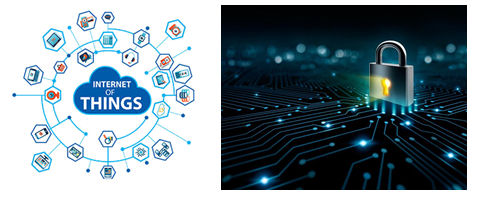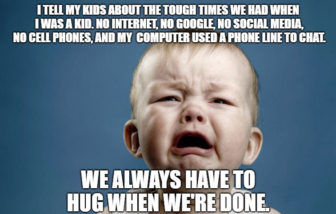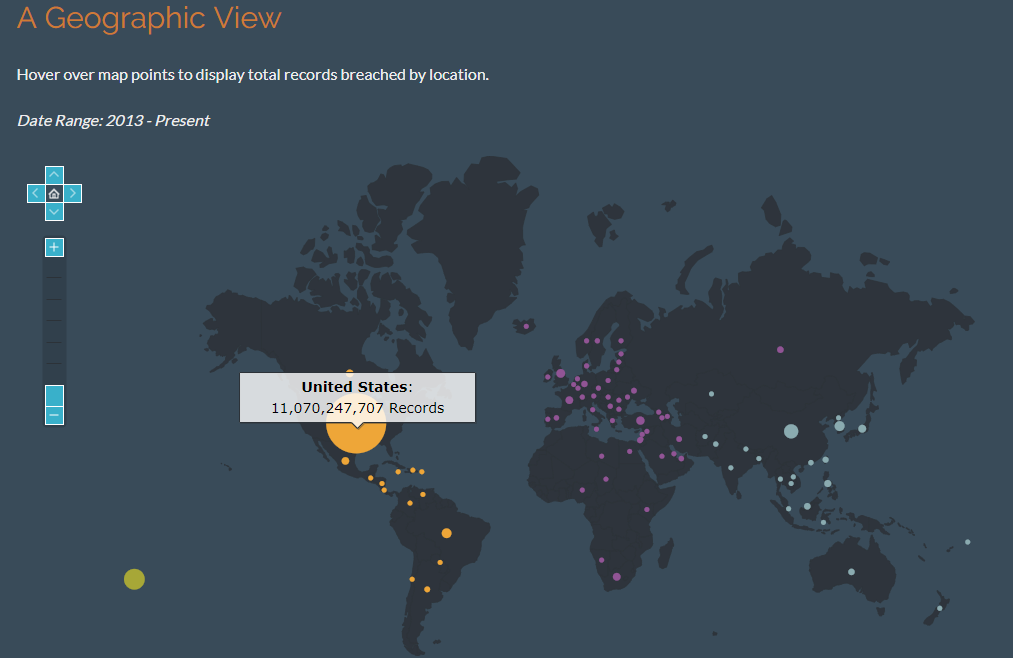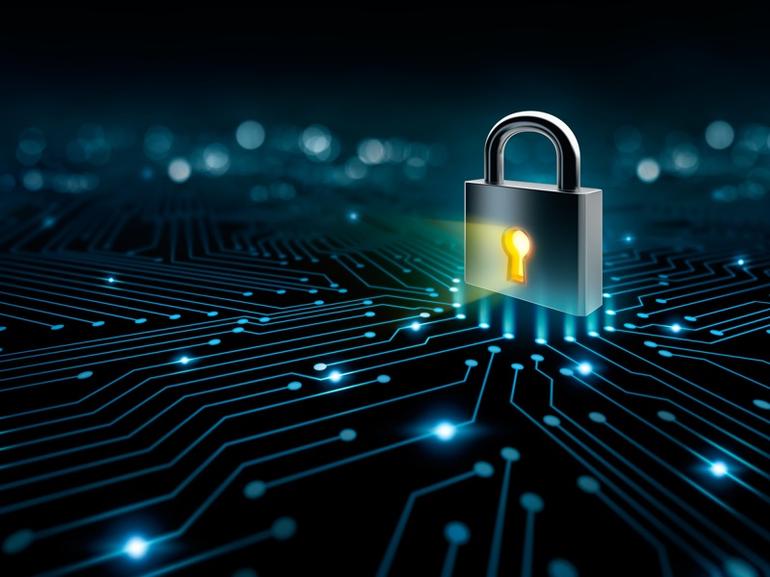What is the “Internet of Things” and why should it be important to me?
Many of you may have heard of the term “Internet of Things”, but may not be sure exactly what it refers to. The last 20 or so years have seen a massive boom in advances in technology, specifically many consumer devices that connect to the web, from nanny cams to wireless doorbells, smart speakers (such as Alexa and Google Home), and Internet connected thermostats, among many others.
 It is estimated that there will be 20.4 BILLION IoT Devices by the year 2020, and that every second another 127 devices are connected to the Internet. This doesn’t even include the estimated 2.87 billion smartphone users that would be online by the same year. Originally it was just computers that would connect to the Internet – but now we live in an Internet of Things or IoT era.
It is estimated that there will be 20.4 BILLION IoT Devices by the year 2020, and that every second another 127 devices are connected to the Internet. This doesn’t even include the estimated 2.87 billion smartphone users that would be online by the same year. Originally it was just computers that would connect to the Internet – but now we live in an Internet of Things or IoT era.

So now that we are in a world where today’s children wouldn’t even understand NOT having the Internet, most kids know more than their parents – and many elementary schools now have smartphones
So what does my smart fridge, nanny cam or WIFI light-bulb
have to do with security and why is it important??
With advances in technology, it’s not uncommon for people to get a new computer every 5 years, or a new smart phone every 2-3 years – and new “smart” home devices or other IoT devices are being made each day. While the United State has a number of safeguards in place to protect our privacy, and the handling or data, etc. – it doesn’t even compare to the GDPR (Global Data Protection) laws passed by the European Union in 2016. One of the keys principals of the GDPR is guidelines that require manufacturers of IoT devices to keep their firmware and security patched and up-to-date.
Why is this important??
What it comes down to, is that without these regulations in place, many of these IoT devices are NOT BEING MAINTAINED, meaning that their firmware is not being updated against security exploits, hacks, etc.  This leaves millions of Internet-connected devices open to hackers, allowing them to create their own Botnets comprised of everything from Smartphones to Fridges, doorbells, to web cams and many other Internet connected devices.
This leaves millions of Internet-connected devices open to hackers, allowing them to create their own Botnets comprised of everything from Smartphones to Fridges, doorbells, to web cams and many other Internet connected devices.
If it connects to the web, it is pretty much a programmable computer of some sort – meaning that hacker’s can take advantage of these devices and use them in global attacks.
So why do I care if someone hacks my smart fridge or thermostat?
Let’s see what happens when Fridges Attack!

It’s much more of a security issue than you realize. Not only do IoT devices that aren’t being offer hackers just another device to create cyberattacks, but once someone is in your network they can access other devices, like your home computer, intercept your email and browser traffic, etc. That’s why it’s important to have a wireless router that supports guest or multiple guest networks, so you can segregate your IoT devices on a separate network. Also make sure you change the factory password that your router came with (create your own, or have your IT tech create a new one for you).
Credit: Robbie Chandler, Artist
While budget “non-hub” devices, such as stand-alone WIFI enabled smart bulbs are great and easy to use, there is something to be said for “Smart Device Hubs”, which have their own secure communication filtered thru a separate hub for extra security.

According to breachlevelindex.com from 2013 – Present the United States has had over 11 BILLION records exposed from data breaches, and it’s almost a daily news story when we hear about another one.
The huge risk of companies not patching their firmware, or leaving IoT devices unpatched can clearly seen in 5 of the Worst Examples of IoT Hacking in recorded history. In a global Internet-driven economy it’s easy to see quickly this could cause a world-wide problem.
Last October Gov. Jerry Brown of California signed into law a first-of-its-kind bill to regulate cybersecurity standards for Internet of Things (IoT) devices. The legislation is simultaneously being lauded as a good first step in combatting rampant cybersecurity threats associated with the ubiquitous deployment of IoT devices—an estimated 20 billion devices by 2020—and criticized for what it excludes and its vaguely-worded standards. While California passing legislation is not the same as federal regulations requiring companies to keep devices up-to-date, it’s a good start. In the meantime, it’s you, the consumer that should be educated on how to keep your IoT devices up-to-date and your home network secure.
If you would like help securing your home network, updating your IoT device firmware (Ring Doorbells, Smartphones, iPads, Security Cameras, Smart TV’s, and more), or even just learning how to it yourself, don’t hesitate to call us anytime. We also install all smart devices, from Amazon Echoes to Security Cameras, and much more! Let us do a security check-up for all of your IoT Devices, check your network and make sure you don’t become another statistic or victim of Internet hacking.
Robert Chandler is the CIO of CAT Computers in Maplewood with over 20 years experience in Information Technology.
CAT Computers in Maplewood, Missouri – provides managed services for small & medium business, data recovery, security and other services to home & business users, and non-profits. CAT Computers has been serving the Greater St. Louis area for 15+ years. Check our latest Spring Newsletter!
Call us anytime at 314-646-1880 or visit our website at fixthecomputer.net or check us out on Facebook for Tech News, Security updates and more. CAT Computers is located in Maplewood on the lower level of the Bookhouse, for more information visit our website.

